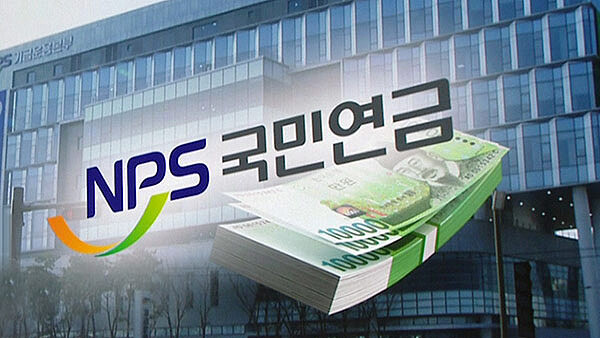
A recent report has revealed that South Koreans born in 1995, who contribute to the national pension system for 26 years, can expect to receive a monthly pension of only 800,000 won (approximately US$600) when they reach 65. This amount falls significantly short of the estimated minimum monthly living expenses for the elderly, raising concerns about the sustainability of the pension system for future generations.
Even for those born in 2005 and 1985, the projected pension amounts at age 65 fall below the estimated minimum living expenses. This has led to growing concerns among South Koreans about the adequacy of the national pension system to provide a comfortable retirement.
The current national pension system assumes a contribution rate of 9% and a replacement rate of 40%. However, due to factors such as increasing life expectancy and a declining birth rate, the system is facing significant financial challenges.
Lawmakers and experts have called for urgent reforms to the national pension system, emphasizing the need to enhance retirement income security. They argue that the current system is not sustainable and that measures must be taken to ensure that future generations can enjoy a decent standard of living in their retirement years.
[Copyright (c) Global Economic Times. All Rights Reserved.]






























